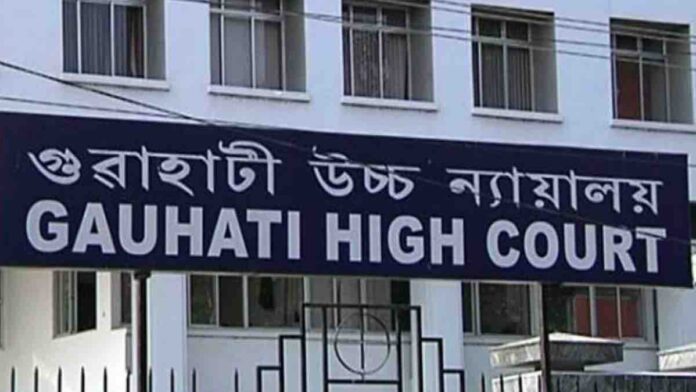In a significant ruling, the Gauhati High Court upheld the conviction of Budul Das, accused of sexually assaulting a minor under the Protection of Children from Sexual Offences (POCSO) Act, 2012. The High Court, presided by Justice Malasri Nandi, affirmed the seven-year rigorous imprisonment and fine imposed by the Special Judge, Hailakandi, in the case
To Read More Please Subscribe to VIP Membership for Unlimited Access to All the Articles, Download Available Copies of Judgments/Order, Acess to Central/State Bare Acts, Advertisement Free Content, Access to More than 4000 Legal Drafts( Readymade Editable Formats of Suits, Petitions, Writs, Legal Notices, Divorce Petitions, 138 Notices, Bail Applications etc.) in Hindi and English.




